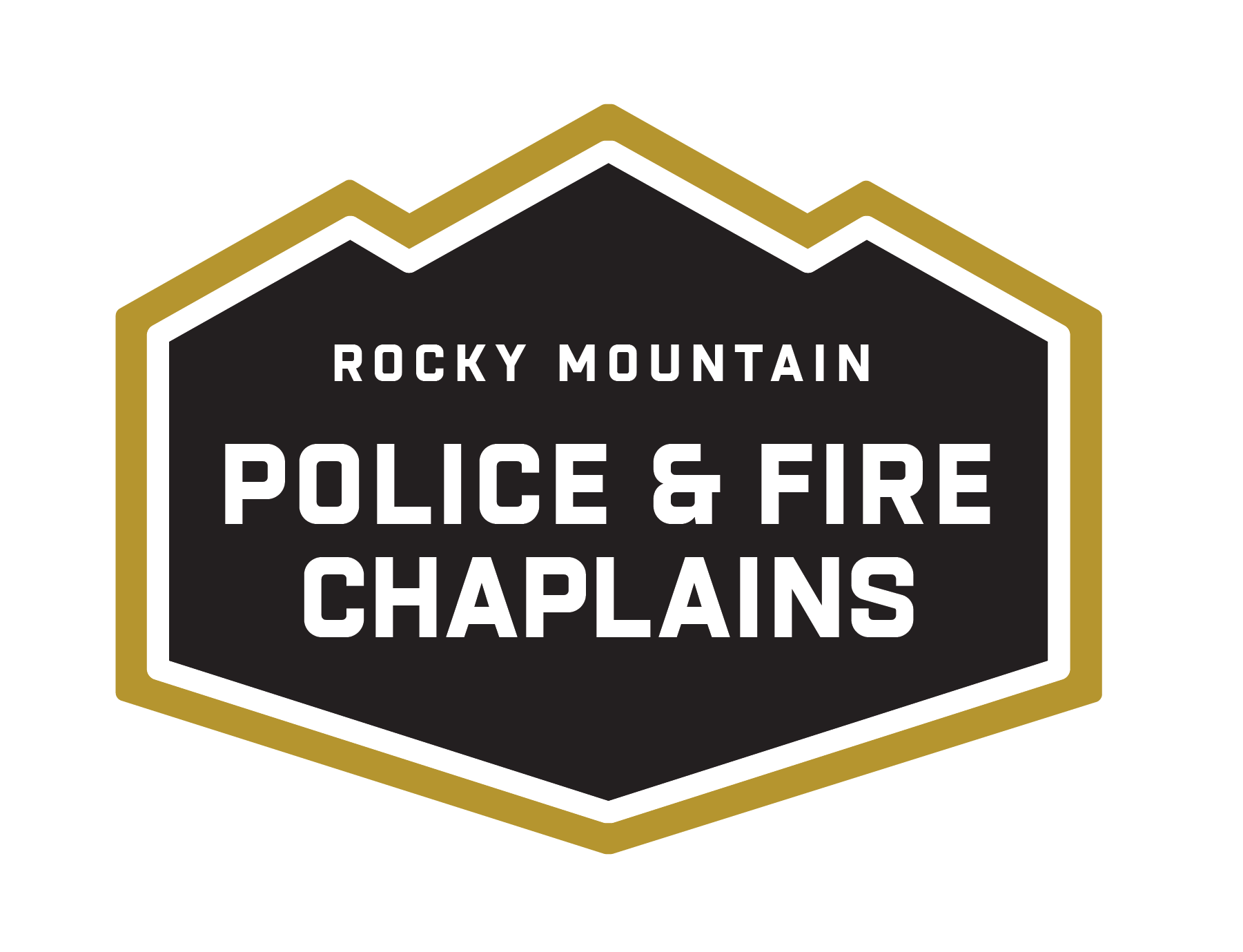Moral Injury by Jared Sonnenberg
MORAL INJURY
Train the Trainer on Moral Injury Registration - August 10, 8am - 4pm | Hillside Community Church, Golden, CO or Online.
What is Moral Injury…? Before we answer that, please know that it is an area with an increasing focus – more people are “coming online”, so to speak, with discussion and study across multiple disciplines and settings. For many individuals in careers or “callings” with high stress levels and frequency of trauma and death, we have long struggled to understand and adequately explain our thoughts and feelings when our experiences result in quantifiable levels of anguish, anger, and the desire for isolation. Many times, these feelings are not well explained or don’t fully meet the criteria of a mental health diagnosis such as Post-Traumatic Stress Disorder (PTSD). Moral Injury may have tie-ins or result in PTS or PTSD, but in many cases does not rise to that level.
Back the question: simply put, Moral Injury is the damage done to one’s conscience or “system of morality” when that person either perpetrates, witnesses, or fails to prevent acts of harm/damage/trauma/death/violence and then struggles to “square” those events with their “system of morality”. Quick scenario for example: how do I (as a chaplain or first responder) appropriately and compassionately help comfort the family of the drunk driver, whose loved one is in critical condition because they are the only ones to speak with, because the innocent family in the other vehicle were all killed in the Two-Car MVA caused by the only survivor – the drunk driver. In this familiar-to-many scenario, I am confident that we are all capable of exceeding the expectations of professionalism during the “call”, but it is not uncommon to later struggle when we get home, and struggle when we work with our respective agencies as their members try to cope with the same struggles. Anger is a common response and feeling possibly resulting in a desire to be more calloused the next time a similar “call” is dispatched.
While the concept of Moral Injury itself is not new, the term is more recent and is thought to have originated from writings from the Vietnam War as people seriously contemplated the effects of trauma, loss and grief from “following orders” as it meant, in many cases, the loss of life. When first recognized, Moral Injury was evident within the context of military service. But in recent times (COVID-19 shined a new light on the subject) it has been identified in members of law enforcement, the fire service, medics, medical professionals, dispatchers, teachers, and clergy (pastors and chaplains). Realistically and truthfully, a person cannot witness “bad” after “bad” after “bad” and expect it to have no effect. For people of faith, they can be called crisis-of-faith moments – maybe some of you have experienced this. In my experience, crisis-of-faith moments are common for first responding chaplains.
Moral Injury does not, by its nature, present itself immediately. As is typical, some will experience questions in the immediate aftermath of an incident, some days after; for others, difficulties will not surface for years. Moral Injury is usually only realized after a change in a personal “system of morality” or belief system. With help (specifically education and conversation), Moral Injury can be addressed and understood, and healthy coping can occur – allowing an individual to form new, healthy conclusions about old events. One of the ultimate goals is to prevent “burn out”, which is what it has always been called when someone just ‘couldn’t do the job anymore’.
Therapists, counselors, social workers, and clergy (pastors and chaplains) are often at the front lines of addressing Moral Injury – even if we didn’t know it had a name. However, the challenge can be that we, as chaplains, may also be struggling with our own Moral Injury. Moral Injury can result in feelings of isolation – thus an important question I offer to you as I begin to close this article: how many of you feel more “introverted”, withdrawn, or have a smaller “circle” after answering the “call” to chaplaincy ministry?
We will be offering a course on Moral Injury to increase our collective understanding, hopefully improving our collective and individual responses to the agencies we serve, as well as encouraging each other to take better care of ourselves. Self-care is as important as the care we offer to others – you can’t pour from an empty cup. We hope you’ll join us for one of our upcoming course offerings on Moral Injury.
Until we meet, blessings to each of you and Merry Christmas! Remember, “iron sharpens iron” – Proverbs 27:17.
Rev. Jared Sonnenberg
Northeast Colorado Regional Coordinator – Rocky Mountain Police & Fire Chaplains
Chaplain – Sterling Police Department/Sterling Fire Department & Logan County Sheriff’s Office
